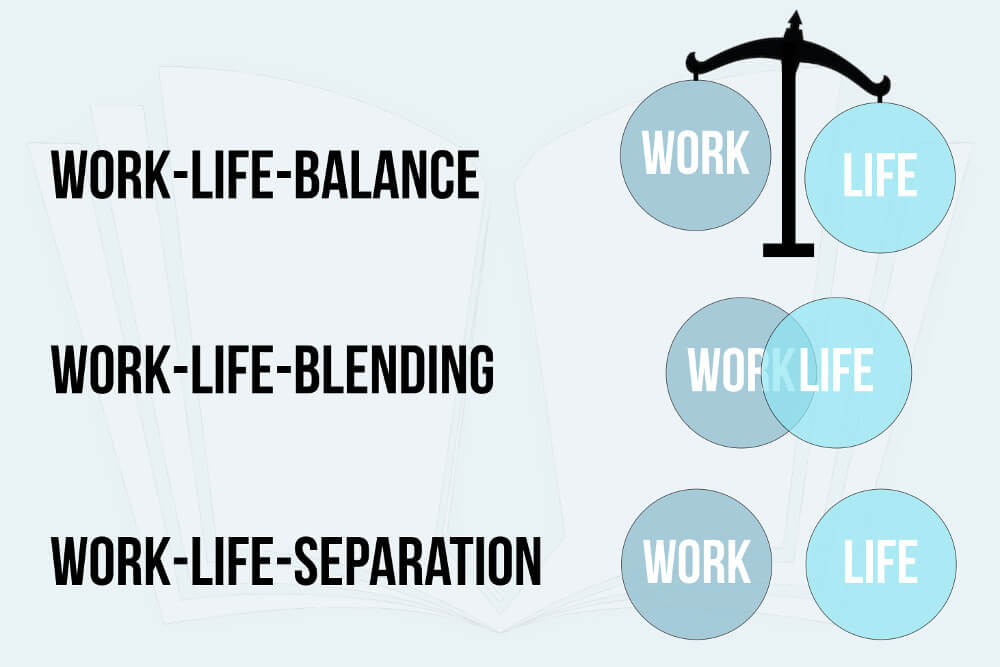

This doesn't mean that perks can't matter, can't be helpful or can't work. Savvy employees will see through laundry services, on-site chefs, yoga classes and game rooms - perks that are frequently put in place to keep people in the office longer. We need to think regularly about different ways to attract and retain top talent. Ultimately, it boils down to accepting that work is a part of our lives, and that means we need to pay attention to individual needs. Paying attention to the components of our workforce is crucial because it will affect the bottom line. And without the right people on board, everything else will suffer. Not only are we risking a drop in retention when we fail to understand millennials' need for personal fulfillment in the workplace, but we'll have a hard time recruiting them in the first place. Job satisfaction is not just an HR issue but a strategic business issue. Replacing an employee costs about 90 percent of his or her annual salary. As employees' expectations of their employer grow, employers have the right to expect employees to embrace accountability and be better. They - and by “they” I mean the people who are worth hiring in the first place - know that with an increased level of autonomy and balance comes an expectation to get great work done. In fact, employees of today want to be pushed and motivated to accomplish exceptional things. This isn't to say employers can't push their people, and hard. Because if employees feel they're being pushed too hard, they'll just leave. So, even if you're not ready to go so far as to offer five-hour workdays, we all need to evaluate how our people are working and whether there are ways to keep them fresh. In an age of specialization and modern advances, it doesn't take 11 hours to be productive anymore. We are inundated with stories about the demands of employees for more balanced and healthy lives - and for good reason: Workers of today (and tomorrow) work to find fulfillment and meaning, and they find very little fulfillment in being overworked.

And their willingness to work 60- or 70-hour weeks is disappearing. And if yours isn't one of those cultures, they'll just leave for an organization that is.Įmployees today demand limits on the amount of time they work as never before. Millennials talk to each other, and they know that there are organizations out there that nurture genuinely fulfilling cultures. Because, when it comes to the idea of enjoying one's work, the cat is out of the bag.

So, whether you insist on calling it “work-life balance” or not (please don't), you had better be prepared to facilitate the (reasonable) work experiences they expect. Millennials will make up 75 percent of the global workforce by 2025, so understanding them is crucial. Young workers value experiences more than any previous generation. And this is especially important to understand now as the workforce is experiencing a mass transition, with about 10,000 baby boomers every day leaving the workforce and millennials moving in. Just because we wear different hats doesn't mean the hats turn us into somebody else. Real people aren't one phone booth and an outfit change away from becoming a superhero. And people don't really have two identities. The success of any company is first and foremost a people issue. We might as well claim an avid biker has great “recreation-life balance” or a mother of four has great “parent-life balance.” Life is life, and pretending otherwise only hurts businesses and employees alike. T's time to bury the term “work-life balance” forever (maybe somewhere between “Y2K” and “phat”) because it doesn't make any sense.


 0 kommentar(er)
0 kommentar(er)
